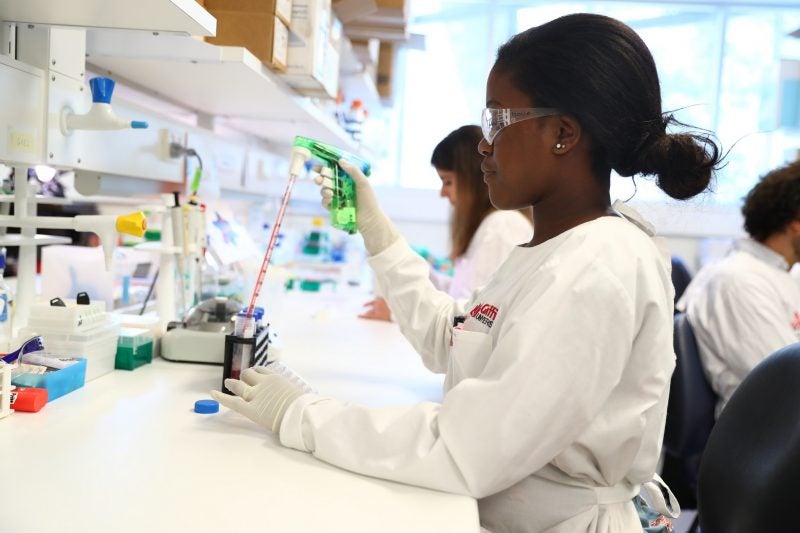
Griffith University-led research projects have received funding from the National Health and Medical Research Council (NHMRC).
The university noted that five of its projects from across the health and medical science fields received grants worth about $6.08m.

Discover B2B Marketing That Performs
Combine business intelligence and editorial excellence to reach engaged professionals across 36 leading media platforms.
More than 400 Griffith’s new research projects are sharing $427m in NHMRC funding.
Griffith University acting deputy vice-chancellor (Research) professor Andrea Bishop said that the funding from NHMRC would enable the university to strengthen a range of important research projects.
It also allows the university to become a research institution that delivers research outcomes of real consequence.
Bishop further added: “This funding supports both ongoing and new projects in the university across a wide range of health disciplines.”

US Tariffs are shifting - will you react or anticipate?
Don’t let policy changes catch you off guard. Stay proactive with real-time data and expert analysis.
By GlobalDataNHMRC has funded $2,735,991.5 for a project titled ‘A multicentre randomised controlled trial evaluating the efficacy of the meningococcal B vaccine, 4CMenB (Bexsero), against Neisseria gonorrhoeae infection in gay and bisexual men’.
Griffith team secured $715,060 for the ‘Self-assembling, self-adhering nerve bridges for large gap peripheral nerve injuries’ project, which is led by associate professor James St John.
Another $905,080 was awarded for the ‘How alphaviruses cause chronic, persistent joint disease (Professor Richard Bucala, Yale University, US)’ project.
Other projects that received the funding are ‘Difficult peripheral intravenous catheter insertion: Australian considerations for sustainable implementation of ultrasound-guided procedures’ and ‘Understanding the impact of language ability on the transition from late adolescence to early adulthood: the Early Language in Victoria Study’.
In a separate statement, Griffith University announced plans to conduct a world-first trial for gonorrhoea vaccine, which will be led by the university’s Institute for Glycomics and the Kirby Institute at UNSW Sydney.
Valued at $2.7m, the study incorporates five Australian universities and three health districts and other providers to test if meningococcal B vaccine protects against gonorrhoea in gay and bisexual men.





